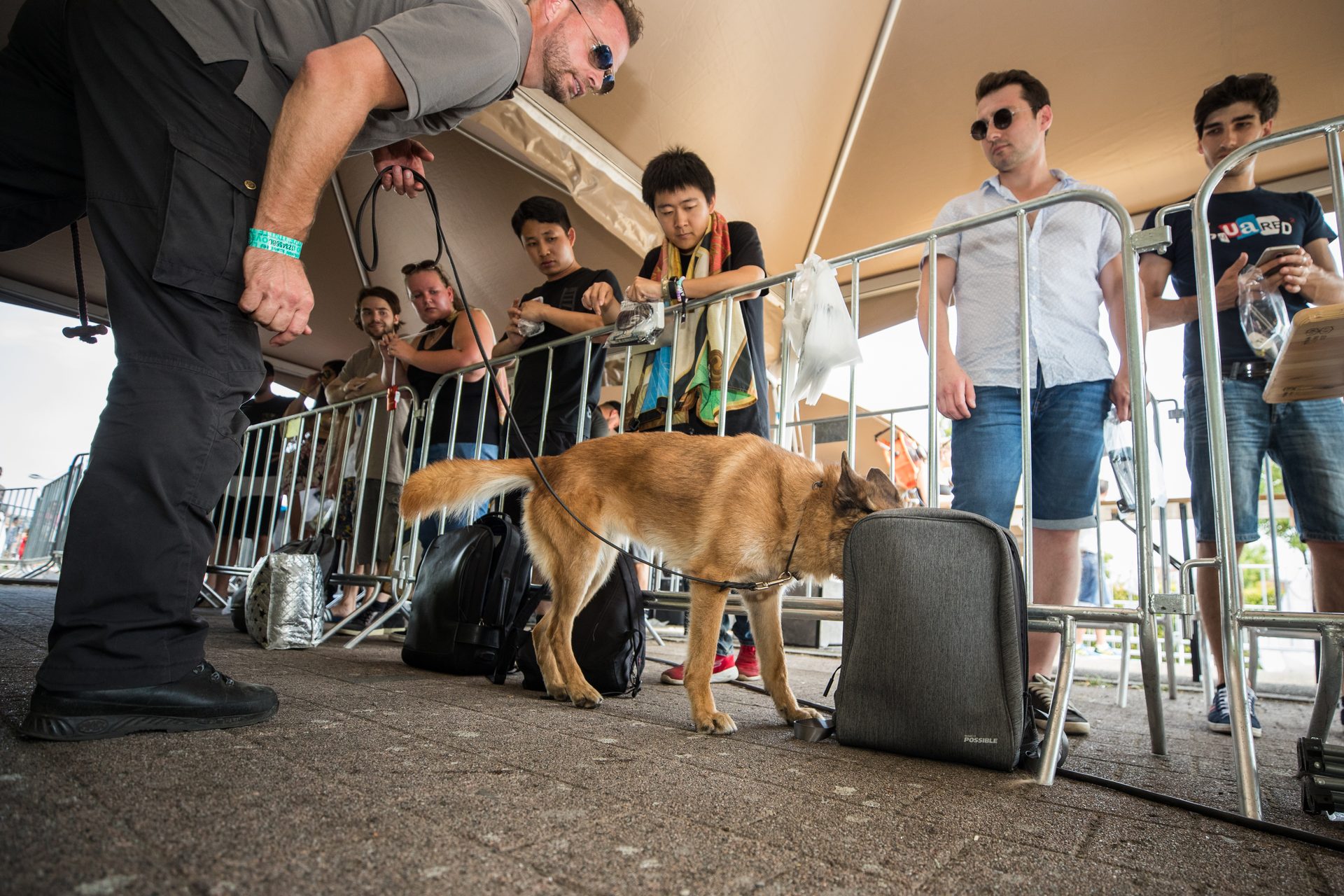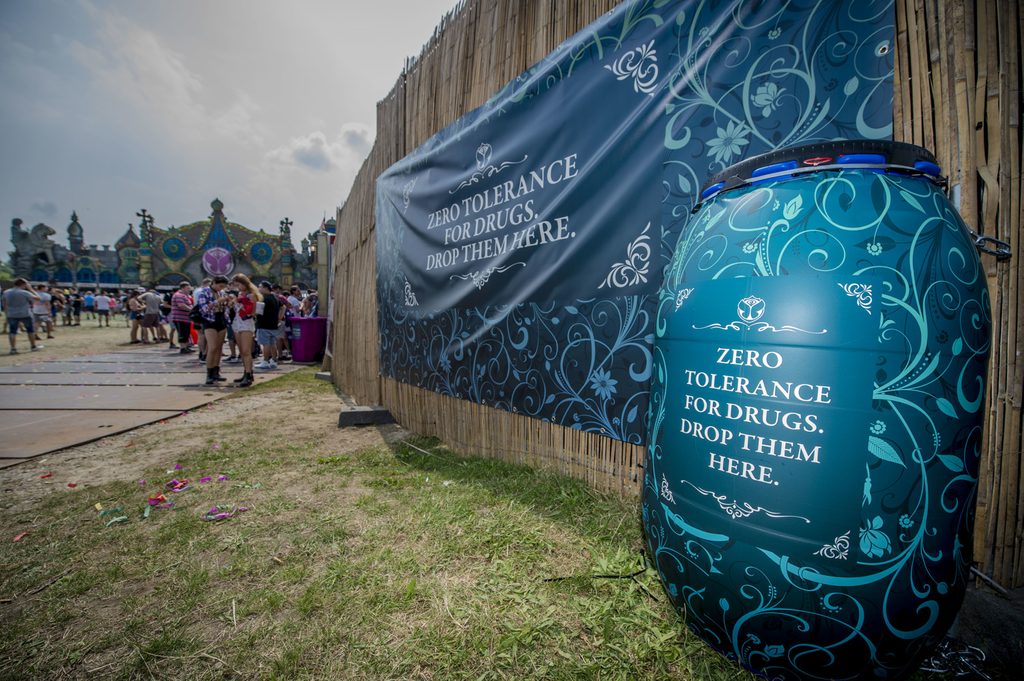In light of two drug-related deaths at this year's Tomorrowland, the Belgian health agency Sciensano is calling on authorities to take a more preventative and educational approach to drug use at festivals.
During the two weekends of the world-famous Tomorrowland electronic music festival in Antwerp this year, two people died – a 35-year-old visitor from Thailand and a 26-year-old employee working at the festival, with both cases thought to have been drug-related. Over the past 11 years, a total of six people have died at the festival, four of them due to drug abuse.
As is the case every year, the police were present in large numbers to carry out checks on drug possession and sale. Organisers also say they do everything they can to raise awareness among visitors, while also implementing a zero-tolerance policy for visitors found in possession. However, the two deaths have reignited the debate on how festivals should deal with drug use.
Knowing your drugs
Health Institute Sciensano has argued for an approach that focuses more on prevention, with an educational angle, not only within the festival setting – but in society in general. Toxicologist Jan Tytgat (KULeuven) argues that one effective measure is allowing people to have their drugs tested at festivals to see how dangerous or strong their drugs are.
"I think preventive drug testing certainly makes sense if only to reduce the cost of the medical care that abuse or overdose entails," he told De Standaard.
"But I don't think you can ask society to foot the bill. The government should require festivals to provide a budget to provide that kind of testing. Or else the user should pay for the test himself. Those who can pay for a ticket to Tomorrowland can certainly take the extra cost for that test," Tytgat argued.

Security control with special drug dogs at the entrance to the second weekend of Tomorrowland music festival in 2019. Credit: Bellga/ David Pintens
Margot Balcaen of Sciensano’s Belgian Early Warning System on Drugs also welcomed such systems, explaining that international studies confirm that harm reduction by, for example, allowing festivalgoers to have drugs checked and providing a talking platform, works.
"Many users often don’t know what they are buying and then there is a risk of it becoming unsafe."
Removing stigma
While such a policy requires a strong network of various resources. Yet, a clear legal framework for that kind of preventive test is lacking in Belgium, as politicians fear it would normalise drug use. In response, Balcaen argued that "if we really want to tackle the drug problem, we need to lower or even remove the stigma around it."
A similar concept was set up at the Belgian electronic festival Extrema Outdoor this year, but in the form of a large security village with a test lab for confiscated drugs.
It found six dangerous types of ecstasy pills that could be life-threatening. This allowed the festival to send out targeted alerts to festival-goers via the info screens on the grounds, on the festival app and on social media.

